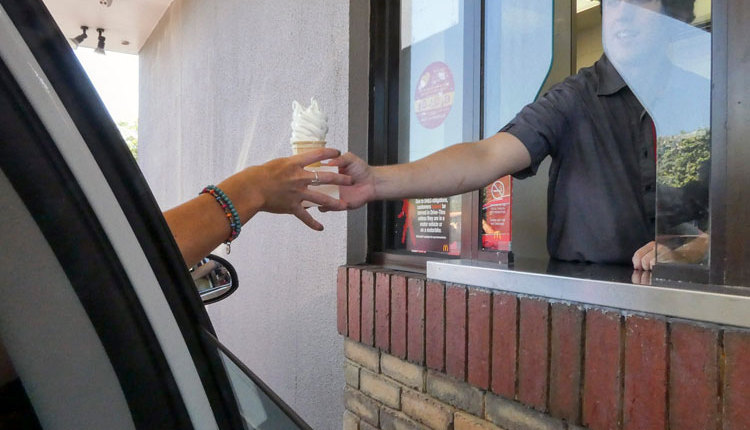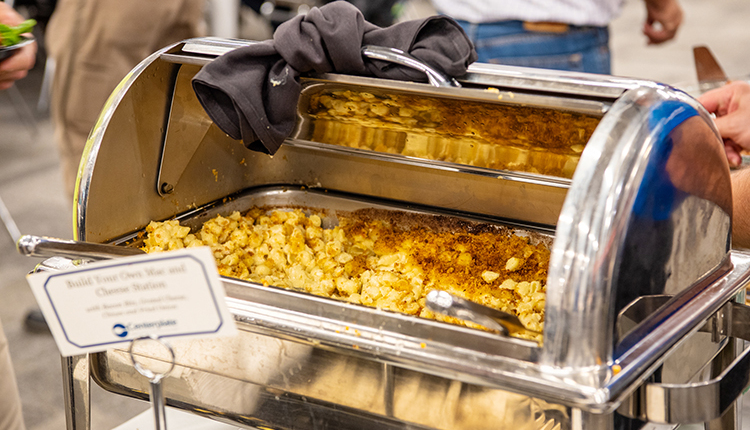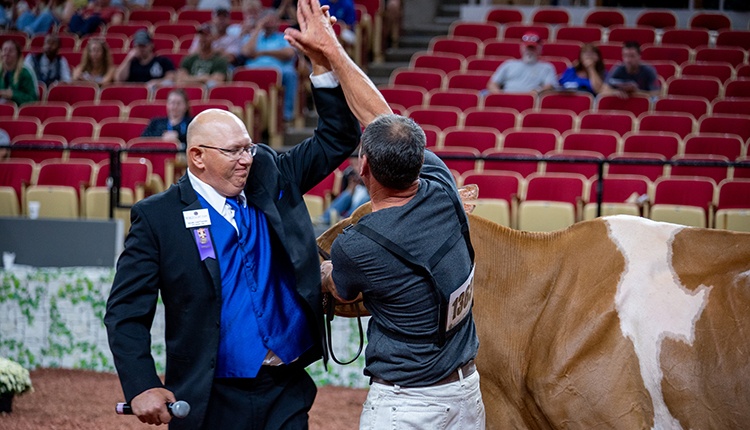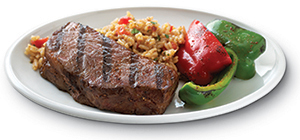 Meat is a diet staple for many Americans, yet some parts of the country tend to be more meaty than others. In a nonscientific study, cable news channel CNN created a list of the top 12 meatiest cities in the nation.
Meat is a diet staple for many Americans, yet some parts of the country tend to be more meaty than others. In a nonscientific study, cable news channel CNN created a list of the top 12 meatiest cities in the nation.The cities were ranked based on three criteria. One was the city's number of experts in "beef, burgers and barbeque." Also included was per capita meat consumption, based on USDA data and Nielsen sales figures and survey responses provided by health assessment platform Sharecare. The third factor was the number of steakhouses and special events held in regards to meat.
Using those factors, they found the meatiest city in the nation to be New York City. It landed at the top of the list for number of steakhouses in the city. It was also third in consumption, third in number of experts, and fifth in number of events.
Second on the list was Kansas City, Mo. This Midwestern city ranked first in number of experts and events, was tied for eighth in consumption, and finished ninth in number of steakhouses.
Another Midwestern city, Chicago, took third place. The Windy City ranked third in number of events, fourth in steakhouses, and fifth in experts. It tied with Kansas City for eighth place in per capita consumption.
Rounding out the top 12 list were:
4. Austin, Texas
5. Lexington, N.C.
6. Los Angeles, Cal.
7. Memphis, Tenn.
8. Philadelphia, Penn.
9. Tampa, Fla.
10. Las Vegas, Nev.
11. Fort Worth, Texas
12. Omaha, Neb.
Philadelphia finished first in total meat consumption. Across the country, the average American ate an estimated 201.7 pounds of red meat and poultry in 2014.
More specifically, beef consumption came in at an estimated 54.2 pounds per person. The United States ranks fifth in the world in beef consumption. Topping that list is Hong Kong, where each person consumed about 123 pounds of beef per person last year.
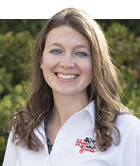
The author is an associate editor and covers animal health, dairy housing and equipment, and nutrient management. She grew up on a dairy farm near Plymouth, Wis., and previously served as a University of Wisconsin agricultural extension agent. She received a master's degree from North Carolina State University and a bachelor's from University of Wisconsin-Madison.






